Victoria, a British colony since the 1800s and now home to a population of 250,000, has proudly served as the capital of British Columbia since 1871. Nestled at the southern tip of Vancouver Island and just a short jaunt from Washington's Olympic Peninsula, Victoria offers an unparalleled winter fishing experience for avid anglers. The fishing grounds, a mere five-minute boat ride from the provincial Legislature, have made it a must-visit destination for fishing enthusiasts.
-
Winter fishing in Victoria is greatly influenced by the bountiful herring runs that take place in the Gorge Waterway, a sheltered inlet that meanders through the heart of the city. These herring gather in increasingly impressive numbers each winter, turning the waterfront into a haven for fish. The main attraction for the fish in these waters is the abundant feed provided by the herring, leading to successive runs of chinook salmon gorging themselves. During other seasons, needlefish dominate the menu, making slender lures more effective than larger ones.
-
Come summer, the tidal action in the region orchestrates the movement of chum, coho, sockeye, and pink salmon in a wide arc, stretching from Race Rocks in Juan de Fuca Strait to Trial Island and the entrance to Haro Strait. These species predominantly occupy the upper 50 feet of water in an area that averages 300 feet in depth. The Juan de Fuca Strait, spanning British Columbia and Washington State, boasts depths exceeding 1,000 feet.
-
In recent years, halibut fishing in Victoria has experienced a remarkable resurgence, with catches averaging between 20 and 60 pounds, and some exceptional ones weighing in at 165 pounds.
-
The Victoria waterfront offers an array of salmon species, including chinook, coho, sockeye, chum, and pink. The last three are migratory, making appearances as mature adults during the summer and fall months on their way to spawning grounds, with pink salmon appearing only in odd-numbered years. Chinook and coho, on the other hand, can be either resident winter fish or migratory summer fish.
-
The period from November 15 to March 31 is the most dependable for fishing, characterized by the capture of resident chinook weighing between 2 and 20 pounds, along with the occasional blueback coho measuring 12 to 16 inches. Bait and hootchies are the preferred lures during this season. April tends to be a slower month, with winter chinook moving out, and attention shifting to halibut.
-
May 21 to June 30 sees the arrival of the first summer run, known as the Columbians. These are sizable chinook salmon, averaging between 30 and 40 pounds, with some individuals reaching a substantial 60 pounds. These fish are thought to be bound for the Columbia River in Oregon, and anchovy is their bait of choice.
-
On July 7, the initial wave of Juan de Fuca coho makes its entrance, often accompanied by pink salmon every second summer. The peak of pink, coho, and sockeye fishing arrives in August, with strong pink salmon fishing continuing until September 30. These fish typically weigh between 5 and 12 pounds.
-
Throughout the summer, successive runs of chinook salmon migrate past the waterfront, including Harrisons, Frasers, Cowichans, and any migratory chinook heading for the lower Georgia Strait and Puget Sound rivers.
-
By October, the large northern coho make their appearance, with some reaching weights of 20 pounds. Mid-October heralds the return of the first winter chinook.
-
When it comes to bait, anchovy remains the year-round favorite. It's typically used with a Rhys Davis glow green or army truck teaserhead on a 6-foot leader, trolled with or without a flasher. Herring strip on a Rhys Davis Large glow green or army truck teaserhead, also on a 6-foot leader, is another effective option. Hootchies come into play during winter fishing, with both Army Truck and UV Pearl being recommended. In the summer, try UV Army Truck, Ghost Tail, Cop Car, Blue Breeze, and Salad Bowl. For year-round fishing on Constance Bank, carry UV Pink Spatter Back, Glow Green Spatter Back, and Blue Scale. Spoons like No Banana’s, Bon Chovy, and Tailspin are ideal for summer and fall fishing for migratory fish in the top 50 feet of water.
-
Victoria's fishing scene offers two distinct experiences: structure-related fishing for chinook salmon and halibut and summer surface fishing for other salmon species. Additionally, there are four prominent fishing locations to explore: Oak Bay Flats, Victoria Waterfront, Constance Bank, and summer surface fishing near the Quarantine Buoy area.
-
The predominant method for trolling chinook in Victoria is bottom bumping, given the expansive sand or mud aprons that extend from Ten Mile Point to the harbor mouth. These flats are notably flat and teem with needlefish throughout the year. Lures are trolled within 10 feet of the bottom in depths ranging from 90 to 120 feet, with strip and anchovy being the favored lures of choice.
-
It's important to note that the presence of needlefish and large spawning herring (only during the winter months) necessitates experimenting with both large and small lures when targeting chinook.
-
Constance Bank, situated 6.5 miles due south of Clover Point, features rock formations rising from the ocean bed and is a prime location for chinook fishing, particularly on the outer ridges. Halibut fishing is best done from a boat anchored to a float, which is secured to the bottom by its own line. This location offers excellent fishing opportunities, although newcomers are advised to venture out with a knowledgeable guide.
-
Summer fishing for sockeye, pink, and coho centers around the Quarantine Buoy, located 4.5 miles southwest of the harbor mouth. Anglers troll the surface across a 15-mile diameter circle between Race Rocks and Trial Island. This fishery favours hootchies and squirts on 42-inch leaders trolled rapidly behind a flasher.

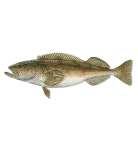
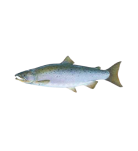
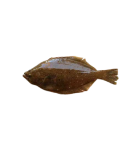
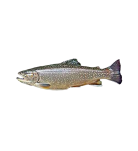
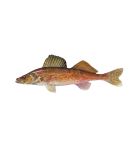
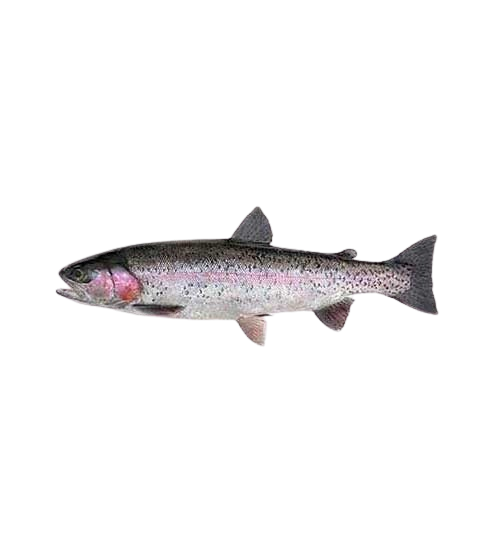
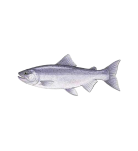
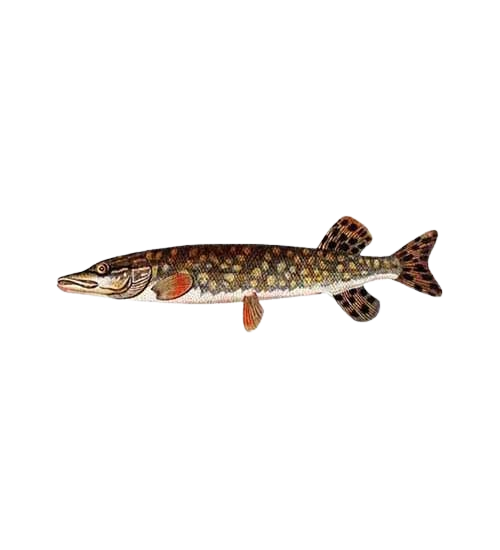
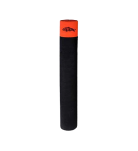
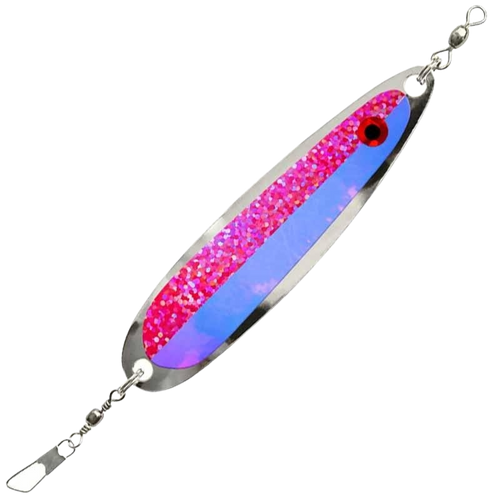
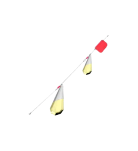
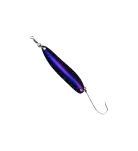
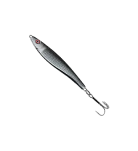
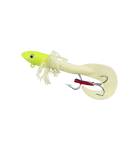
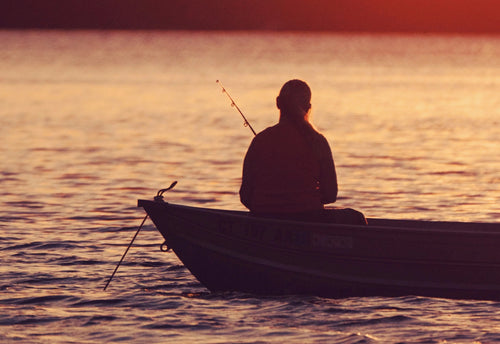
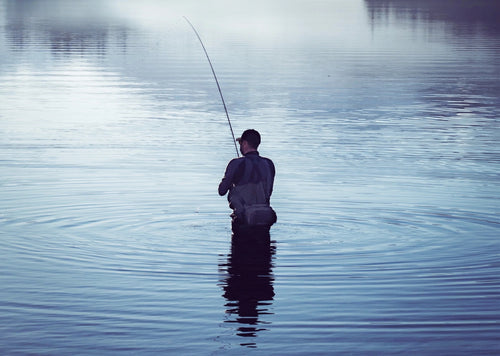
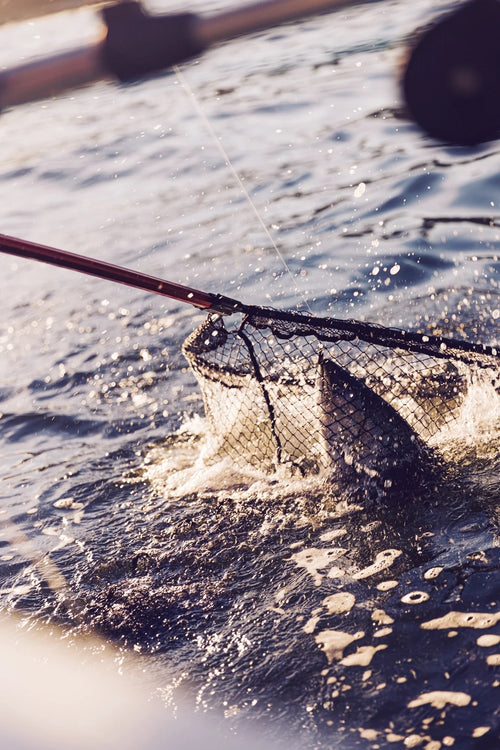
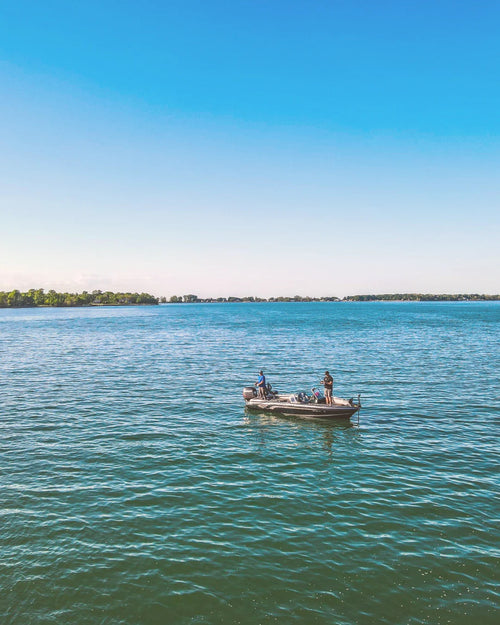
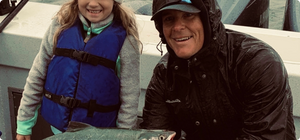
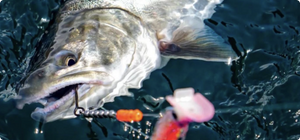
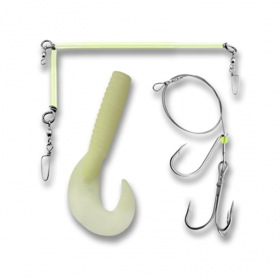
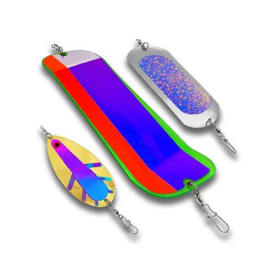
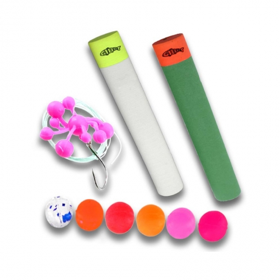
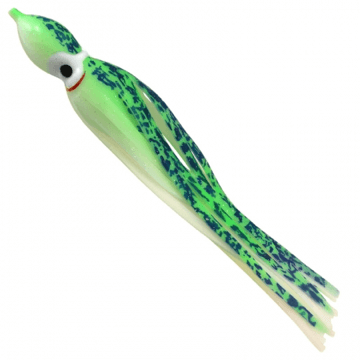
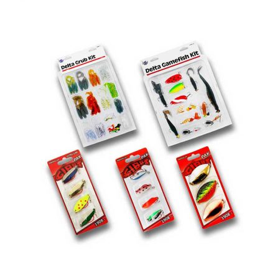
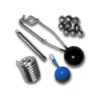
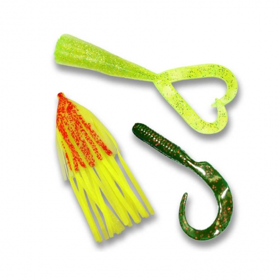
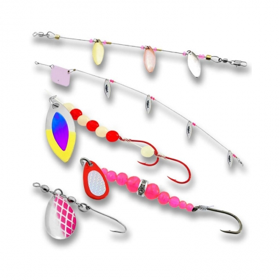
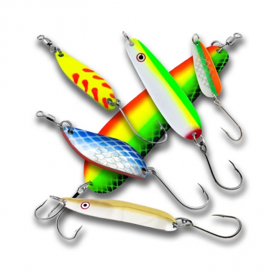
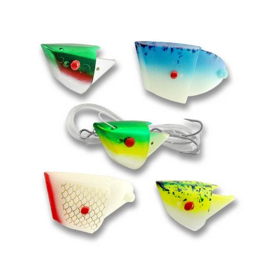
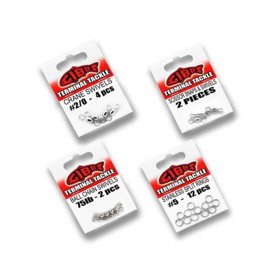
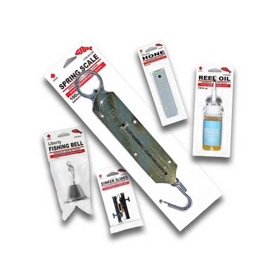
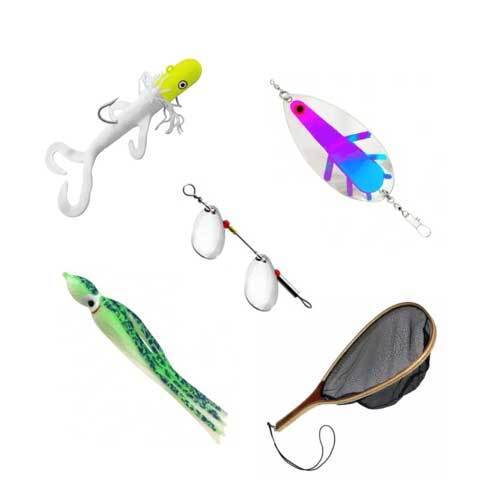
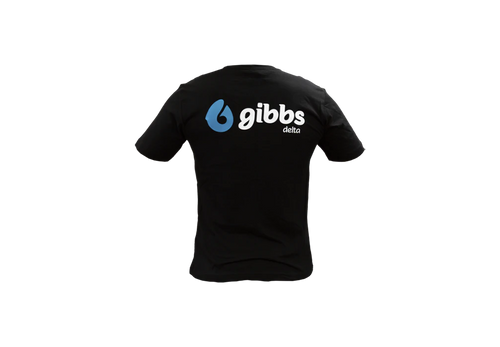
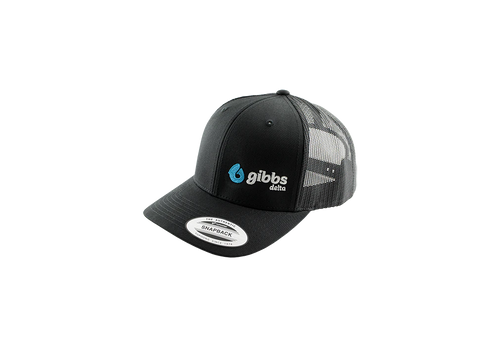
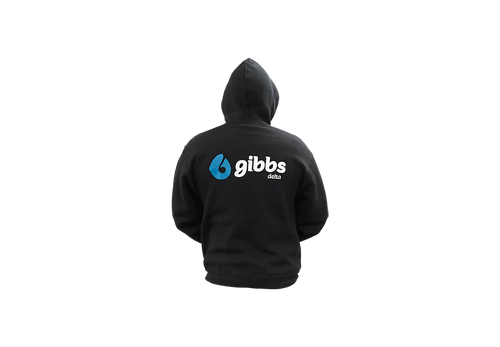
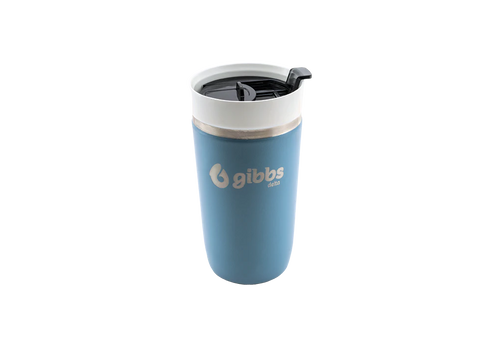





Leave a comment